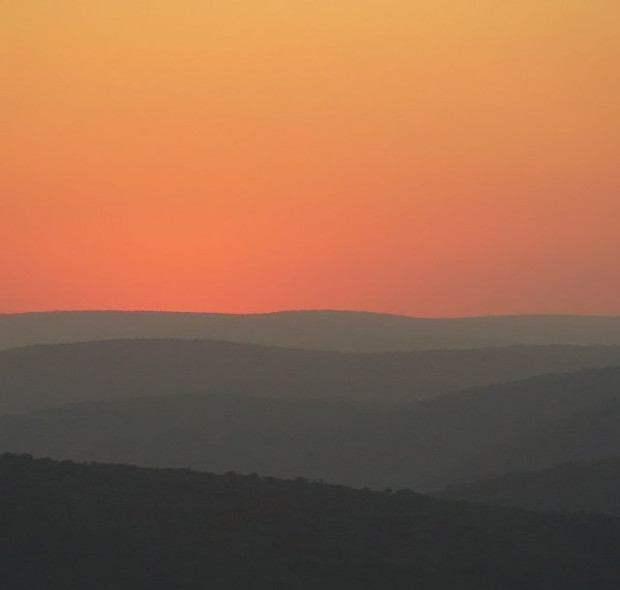Eastern Cape (SA): Academic theses and student research assignments are not the sort of things you would usually expect to connect you more with nature. But for three Wageningen University students recently returned from their thesis fieldwork (as part of EarthCollective’s PRESENCE initiative in South Africa) in the World Heritage Listed Baviaanskloof, the unexpected became the norm.
“By not expecting anything specific, the surprises that came up were much better” says Emmanuelle Noirtin from France. “We actually did not really know what to expect about the circumstances of the research before leaving to Port Elizabeth. When we arrived at the Kouga Dam Research House, there was no disappointment. On the contrary, it was a really “looovely” surprise.”
The students were undertaking research related to how stakeholders (i.e. farmer’s, communities and local Government) in the western Baviaanskloof perceive their natural environment (part of the the vulnerable and heavily degraded sub-tropical thicket ecosystem). What benefits does this ecosystem provide them? Scientists call these benefits “ecosystem services” – and in recent years more attention has been paid to how these underlying services (i.e. our natural capital) can be valued quantitatively (e.g. economically) and qualitatively (socio-cultural).
Spaniard Ignacio de la Flor who undertook an economic valuation recalls that one of his key learning experiences was, “The importance of natural resources for the livelihood security of local communities – quite often undervalued or not considered when taking decisions.”
Whilst the students are now back in Europe in self-imposed ‘lock-down’ mode actively analysing and writing up their results, they feel they have acquired some new-found wisdom they can share with others. Kim Janssen reflects, “Look around you, open your eyes and see the amazing cycle of life which is present all around you and which you normally take for granted. Learn to appreciate.”
Kim realised that spending time in Baviaanskloof, being surrounded by such beautiful nature and having an opportunity to be part of such an interesting project with a group of wonderful people made her realize things about her life back in The Netherlands. “I feel like I was often being lived instead of the feeling that I was living; life in the ‘material world’ is so caught up in a media circus and people are so determined to achieve things (often individually) that the really valuable things are often forgotten. I learned to appreciate the beauty of nature more, which sometimes turned into some sort of a therapeutical value for me.”
Ignacio agrees, “I would like to be able to share the feeling of having nature inside you.”








Be the first to share a comment